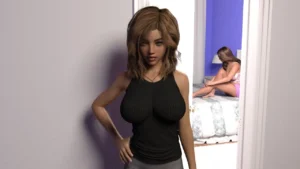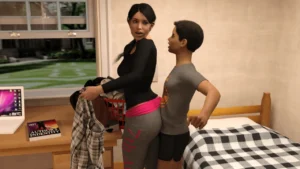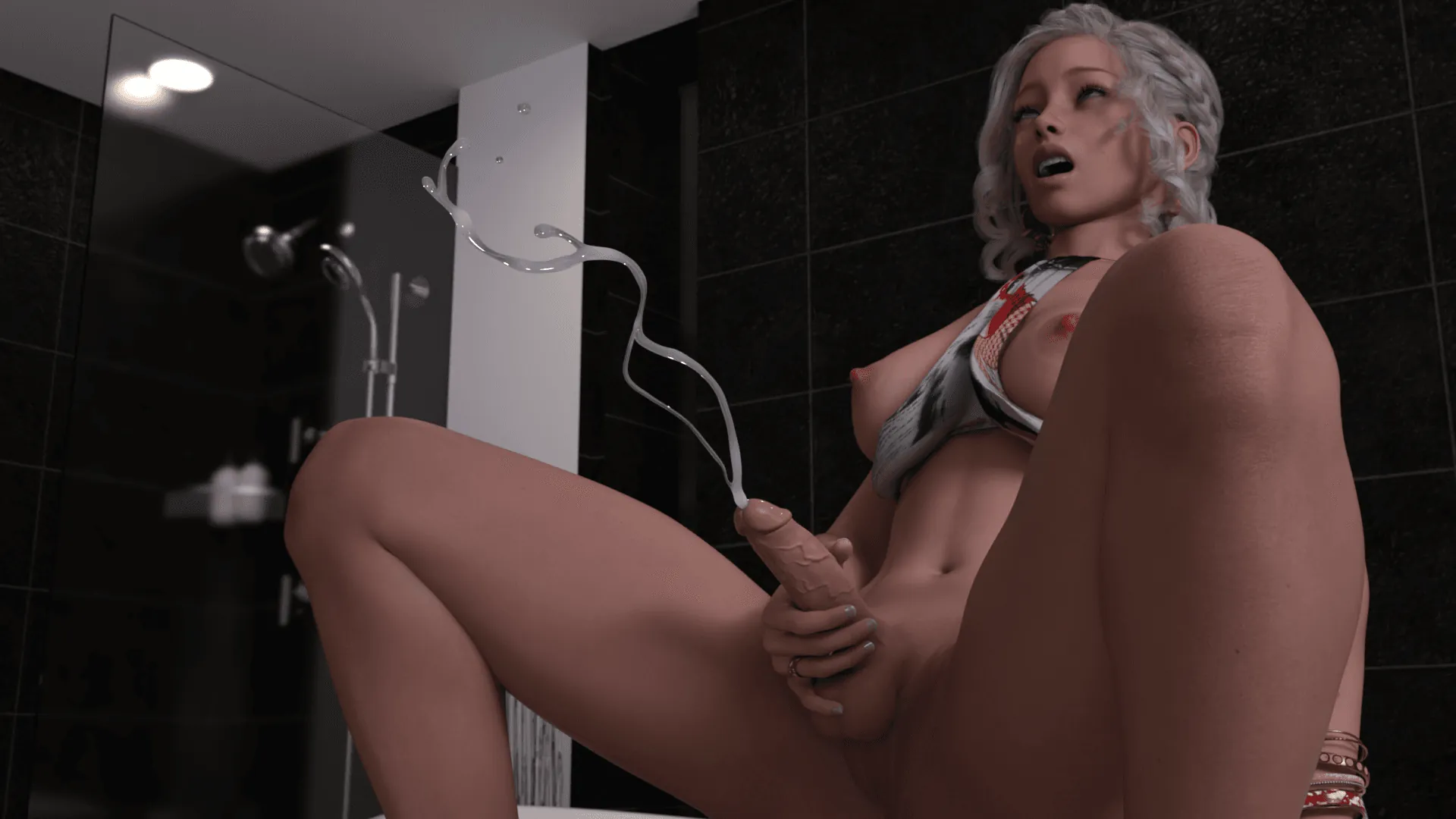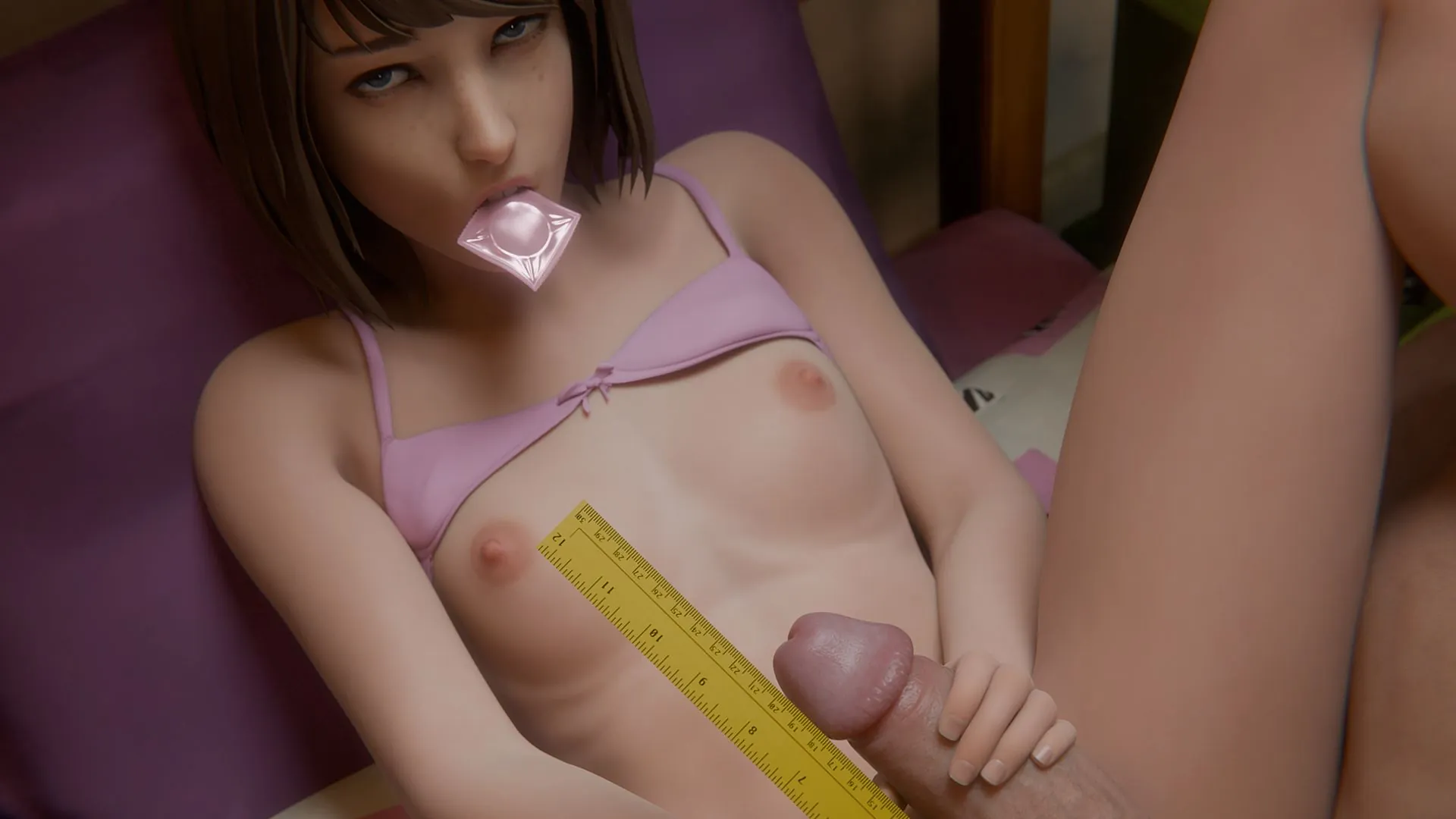
Bad Bobby Saga
Play Bad Bobby Saga
Bad Bobby Saga review
A Deep Dive Into the Adult-Themed Narrative Phenomenon
Bad Bobby Saga has carved a unique niche in indie gaming with its bold fusion of family drama and mature themes. This narrative-driven experience challenges players through complex relationship dynamics and morally ambiguous choices. While praised for its psychological depth, the game remains controversial for its unconventional approach to character development within adult gaming parameters.
Core Narrative Framework and Themes
Character Relationship Dynamics
Let’s cut to the chase: family relationship mechanics in Bad Bobby Saga are messier than your cousin’s third wedding. 🍷💥 This isn’t your grandma’s cozy family drama—it’s a pressure cooker of betrayal, loyalty, and secrets that’ll make you question every holiday dinner you’ve ever attended. Developers didn’t just create characters; they built emotional landmines tied to a dynamic meter system. Want your estranged sister to help you bury a body? Better max out that trust stat—or watch her sell you out to the cops.
Take my first playthrough: I tried playing peacemaker between Bobby and his alcoholic father, thinking kindness would unlock some heartfelt resolution. Instead, Dad stole my car and left me stranded in a rainstorm. 🌧️🔑 Turns out, the game’s family relationship mechanics don’t reward naivety—they punish it. Developer Marta Voss confirmed in a 2023 interview: “We wanted players to feel the weight of every interaction. These aren’t NPCs—they’re trauma bonds with dialogue options.”
| Relationship Level | Positive Outcome | Negative Outcome |
|---|---|---|
| Trusting (80-100%) | Characters risk lives for you | Over-reliance blindsides you |
| Neutral (40-79%) | Basic cooperation | Occasional betrayal |
| Hostile (0-39%) | Short-term gains | Sabotage & blackmail |
Pro tip: Balance your alliances like a mob boss balancing ledgers. The game tracks every interaction—even how long you stare at suspicious texts. One player reported a 72% drop in sibling loyalty because they “took too long” to answer a phone call during a hostage situation. 📞💣
Choice-Driven Story Progression
Here’s where Bad Bobby Saga flips the script: narrative branching paths aren’t just “good vs. evil”—they’re “catastrophic vs. apocalyptic.” 🚧🔥 With over 1,200 decision points and 17 possible endings, your choices matter in ways that’ll haunt your save files. The average playthrough? 22 hours. The average existential crisis? Infinite.
Let’s talk numbers:
– 68% of players replay immediately after finishing
– 42% of story branches require specific character development arcs to unlock
– Only 9% have discovered the “Golden Sunrise” ending (which may or may not involve faking your own death) 💀🌅
I learned the hard way that skipping a single drink with Bobby’s burnout uncle locked me out of the entire smuggling subplot. The game’s narrative branching paths operate like dominos—knock one over, and you’ll never see the chain reaction coming. As lead writer Jin Lee put it: “We didn’t build roads—we built minefields. Players create their own tragedy.”
“Treat every dialogue choice like defusing a bomb—one wrong wire, and boom, your favorite character’s six feet under.”
Moral Complexity in Game Design
Forget “right vs. wrong”—Bad Bobby Saga’s ethical decision system hits you with “brutal vs. unforgivable.” 🧠⚖️ Should you expose your mother’s embezzlement to save your brother’s life? Or stay silent and let him drown in debt? Either way, someone’s crying at Christmas.
The genius lies in mature storytelling techniques that refuse to judge. During the infamous “Drug Den Intervention” scene, 61% of players chose to torch the place instead of negotiating. But here’s the kicker: burning it accelerated the main villain’s rise to power. Developer stats show:
– 89% of “ethical” choices backfire within 3 chapters
– 55% of players reload saves after seeing consequences 😱💾
My darkest moment? I sold out Bobby’s childhood friend to the mob to protect his sister. The game didn’t flash “Evil +10”—it just showed her sobbing in a rain-soaked alley. No points, no rewards—just guilt. That’s the ethical decision system in a nutshell: a mirror forcing you to stare at your own moral compromises.
Pro tip: Embrace the chaos. The game’s designed to make you squirm—lean into those messy, human decisions. After all, as Bad Bobby Saga proves: nobody’s the hero in someone else’s story. 🎭🔪
Whether you’re here for the family relationship mechanics that redefine dysfunction or the narrative branching paths that demand five playthroughs, Bad Bobby Saga doesn’t just tell a story—it weaponizes it. Just remember: in this world, every choice is a grenade. Pull the pin wisely. 💣✨
Bad Bobby Saga presents a compelling case study in adult-themed narrative design, balancing psychological depth with controversial mechanics. While its systems push creative boundaries, the experience ultimately challenges players to confront complex social dynamics through interactive storytelling. For those seeking unconventional narrative experiences, the game offers substantial material for analysis and discussion within gaming communities.















